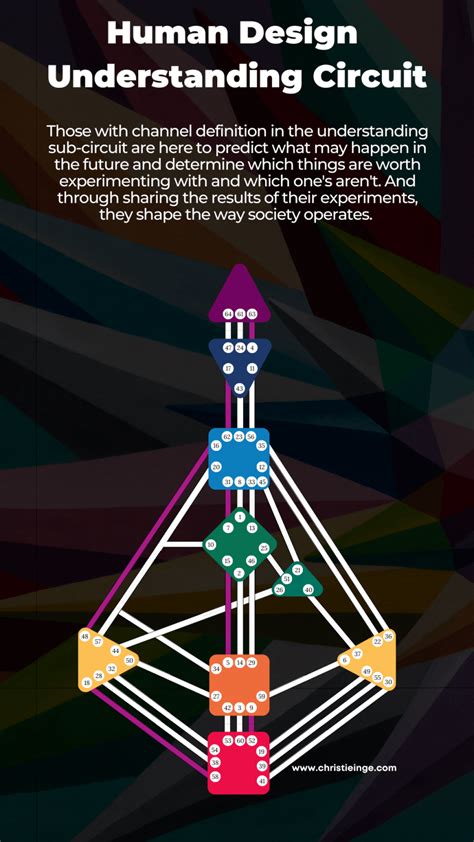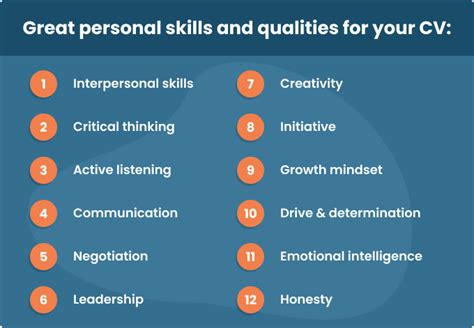Turning Disagreement into Deeper Connection
Conflict is an inevitable part of any human relationship. Far from being a sign of failure, how we choose to navigate disagreements can either erode our connections or, paradoxically, make them stronger. The key lies not in avoiding conflict, but in developing effective strategies to resolve it in a way that fosters understanding, empathy, and growth.
Understanding the Nature of Conflict
Many conflicts stem from differing perspectives, unmet expectations, or miscommunications. What one person sees as a minor issue, another might perceive as a significant slight. Recognizing that each individual brings their unique history, values, and emotional landscape to a relationship is the first step. Conflicts aren’t always about who is ‘right’ or ‘wrong,’ but about bridging the gap between two different realities.

Core Tactics for Effective Conflict Resolution
Active Listening and Empathy
Before you can be understood, you must first seek to understand. Active listening involves giving your full attention to your partner, without interrupting, formulating your rebuttal, or judging. Paraphrase what you’ve heard to ensure accuracy and ask clarifying questions. Empathy means trying to see the situation from your partner’s point of view, even if you don’t agree with it. A simple, “I can see why that would make you feel frustrated” can de-escalate tension significantly.
Expressing Needs Clearly (I-Statements)
Shift from blaming “you always” statements to “I-statements” that express your feelings and needs. For example, instead of “You never help around the house!” try “I feel overwhelmed when the chores aren’t shared, and I would appreciate it if we could discuss a more balanced division of tasks.” This approach focuses on your experience and opens the door for collaborative problem-solving.

Choosing the Right Time and Place
Attempting to discuss a sensitive issue when one or both partners are stressed, tired, or in a public place is usually counterproductive. Choose a time when you can both be calm, focused, and free from distractions. Sometimes, a “timeout” is necessary to cool down before re-engaging constructively.
Focusing on the Problem, Not the Person
Keep the discussion centered on the specific issue at hand, rather than resorting to personal attacks or bringing up past grievances. When you attack your partner’s character, defensiveness takes over, and resolution becomes impossible. Remember that you are a team facing a problem, not adversaries.
Building Stronger Bonds Through Resolution
Successfully navigating conflict can lead to profound growth within a relationship. When partners feel heard, understood, and respected even amidst disagreement, trust deepens. The process of working through challenges together reinforces your commitment and strengthens your emotional intimacy. It teaches you both resilience and the invaluable lesson that your relationship can withstand difficulties.

Collaborative Problem-Solving
Once both partners feel heard, the next step is to brainstorm solutions together. This isn’t about one person winning and the other losing; it’s about finding a win-win scenario that addresses the core needs of both individuals. Be open to compromise and creative solutions that neither of you might have considered initially.
Forgiveness and Moving Forward
After a conflict is resolved, it’s important to practice forgiveness and commit to moving forward. Holding onto grudges or rehashing old arguments prevents the relationship from healing and evolving. Acknowledging your partner’s efforts to resolve the issue, even if imperfect, can reinforce positive behaviors and rebuild trust.

The Role of Self-Reflection and Growth
Effective conflict resolution also requires individual self-awareness. Reflect on your own triggers, communication patterns, and contributions to the conflict. Are there areas where you could improve your listening, your expression of needs, or your ability to regulate emotions? Personal growth often translates directly into stronger, healthier relationships.

Conclusion
Relationship conflict, when handled effectively, is not a destroyer of bonds but a powerful builder of them. By embracing active listening, clear communication, empathy, and a collaborative mindset, partners can transform disagreements into opportunities for deeper understanding, trust, and connection. These tactics require practice and patience, but the rewards of a more resilient and loving relationship are immeasurable.



